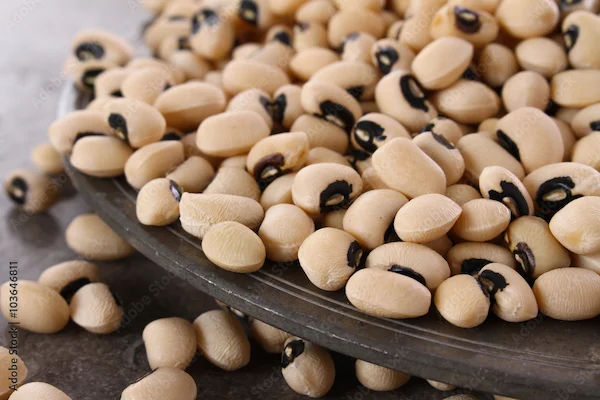Improving Metabolism Through Diet Changes
Know about the ways to improve metabolism through diet changes, what affects metabolism, foods that boost and that avoid metabolism and natural ways to support metabolism.

Written by Dr. Mohammed Kamran
Reviewed by Dr. J T Hema Pratima MBBS, Fellowship in Diabetes Mellitus
Last updated on 13th Jan, 2026

Introduction
Metabolism is the process by which your body converts food into energy. A faster metabolism helps you burn more calories, maintain a healthy weight, and feel more energetic. If your metabolism is slow, you might feel sluggish, gain weight easily, or struggle with digestion. The good news is that you can boost your metabolism through simple diet changes!
What Affects Metabolism?
Several factors influence metabolism, including:
Age – Metabolism slows down as we age.
Muscle Mass – More muscle means a higher metabolic rate.
Hormones – Thyroid imbalances can slow metabolism.
Diet & Hydration – What you eat and drink plays a big role.
Sleep & Stress – Poor sleep and high stress can lower metabolism.
Foods That Boost Metabolism
1. Protein-Rich Foods
Protein helps build muscle and requires more energy to digest than fats or carbs. Include:
Eggs
Lean meats (chicken, turkey)
Fish (salmon, tuna)
Beans and lentils
Greek yoghurt
2. Spicy Foods
Spices like chilli peppers contain capsaicin, which temporarily increases metabolism.
3. Green Tea & Coffee
Green tea has catechins, and coffee has caffeine, both of which can enhance fat burning.
4. Whole Grains & Fibre
Foods like oats, quinoa, and brown rice keep you full longer and improve digestion.
5. Healthy Fats
Avocados, nuts, and olive oil help regulate metabolism without causing weight gain.
6. Iron & Zinc-Rich Foods
Low iron or zinc can slow metabolism. Eat spinach, lentils, nuts, and seafood.
Consult a Top general practitioner for the best advice
Foods That Slow Down Metabolism
Foods to Avoid or Limit include:
Sugary drinks and snacks
Refined carbs (white bread, pastries)
Processed foods
Excessive alcohol
Lifestyle Tips to Support Metabolism
1. Stay Hydrated
Drinking enough water helps digestion and calorie burning.
2. Eat Small, Frequent Meals
Instead of 3 large meals, try 5-6 smaller meals to keep your metabolism active.
3. Strength Training
Muscle burns more calories than fat, so include weight or resistance exercises.
4. Get Enough Sleep
Poor sleep disrupts metabolism-regulating hormones.
5. Manage Stress
Chronic stress increases cortisol, which can slow metabolism.
When to See a Doctor?
If you experience:
Unexplained weight gain or loss
Extreme fatigue
Digestive issues
Thyroid-related symptoms (hair loss, dry skin)
It might be time to check for underlying conditions like hypothyroidism or diabetes.
Final Thoughts
Improving metabolism doesn’t require extreme diets—just smart food choices and healthy habits. By eating metabolism-boosting foods, staying active, and managing stress, you can feel more energetic and maintain a healthy weight.
Consult a Top general practitioner for the best advice
Consult a Top general practitioner for the best advice

Dr. Rajib Ghose
General Physician/ Internal Medicine Specialist
25 Years • MBBS
East Midnapore
VIVEKANANDA SEBA SADAN, East Midnapore
Dr. Robin Jeya Bensam
General Practitioner
25 Years • MBBS, AFIH, FCIP, FRSH
Chennai
Robin Hospitals, Chennai

Dr. Zulkarnain
General Physician
2 Years • MBBS, PGDM, FFM
Bengaluru
PRESTIGE SHANTHINIKETAN - SOCIETY CLINIC, Bengaluru

Dr. Sougata Kumar
General Practitioner
8 Years • MBBS
East Midnapore
VIVEKANANDA SEBA SADAN, East Midnapore

Dr. Tapabrata Ray
General Physician/ Internal Medicine Specialist
4 Years • MBBS,DGM,CPMeC,ACMDC
Kolkata
MCR SUPER SPECIALITY POLY CLINIC & PATHOLOGY, Kolkata




_5.webp)